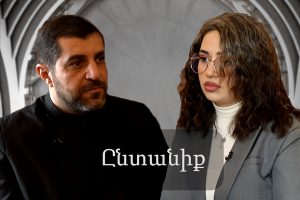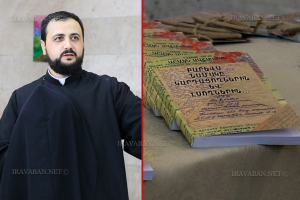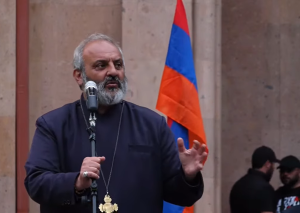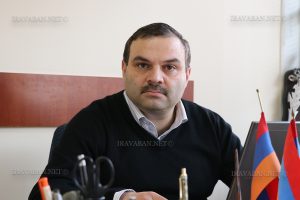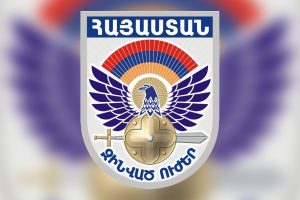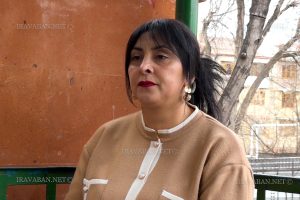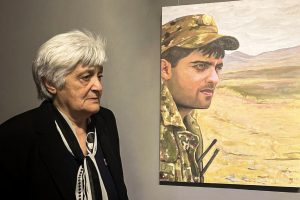At the RA President Serj Sargsyan’s decree of January 10, the staff of ethics Committee for Senior Officials was formed which was a follow up to RA law on «Civil Service» of 2011.
First thing I want to mention is that this committee is not about dealing with obvious ethical issues and is not planning on tipping top officials on how to hehave in caffes , restaurants and who gets first into elevators or… (and so on)… This committee will be dedicated to analyzing the income and property reports of 500 top officials, their conflicts of interest, violations of code of ethics among other functions.
– So officials split into catigories in our country, too?
– Apparently.
The concept of the committee is no accident. Armenia is taking consistent steps in reforming state agencies and official functions including introduction and operation of anticorruption mechanisms in the state system. THe committee is composed of 5 members who are appointed by the RA President at the recommendation of National Assembly Chairman, Prime Minister, Chairman of Constitutional Court, Chairman of Court of APpeal, Prosecutor General – one per agency for the period of 6 years.
However, how can the committee contribute to the reduction of corruption, while the law itself is flawed and has certain reservations. But the content of that law may also create uncertainty as the top officials’ ethics committee, as opposed to other ethics committees, mainly deals with conflicts of interest, but not general issues of ethics. Moreover, according to the law, conflict of interest and ethics are viewed as corelated phenomena, otherwise ethics includes conflict of interest. I believe it partly contradicts to the idea of conflict of interest being part of ethics.
In addition, the committee has a lack of financial and political independence. The high role of the RA president in the committee creates issues for independence of the members of the committe and makes no balance between the branches of power. Lack of independence is also proven by the fact that logistical and technical support is provided by the RA President staff which can be regarded as a leverage by the Presdient. In this case, I believe it would be best to create the institution of separate department or division.
In addition, the committee lacks authority in checking of submitted reports and obligations. Particularly, according to international best practice, if a third party compains about an official’s report, the committee has to investigate it. Armenian law on «Public Service» article 44, paragraph 2 gives the committe the right to investigate it but no obligation.
The law also contains a number of other flaws which also need to be reformed. The two-month committee’s efficiency can be estimated after analysis and publication of the 2011 reports by high ranking officials.
Let’s hope that the ethics committee for top officials meets our expectations and does not turn into another formal entity.




